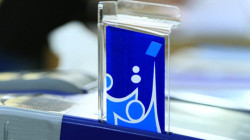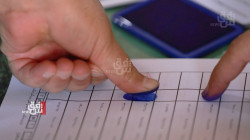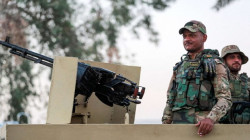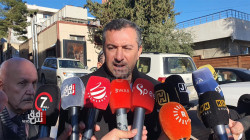For the first tme in a decade: Commencement of general local elections in Iraq
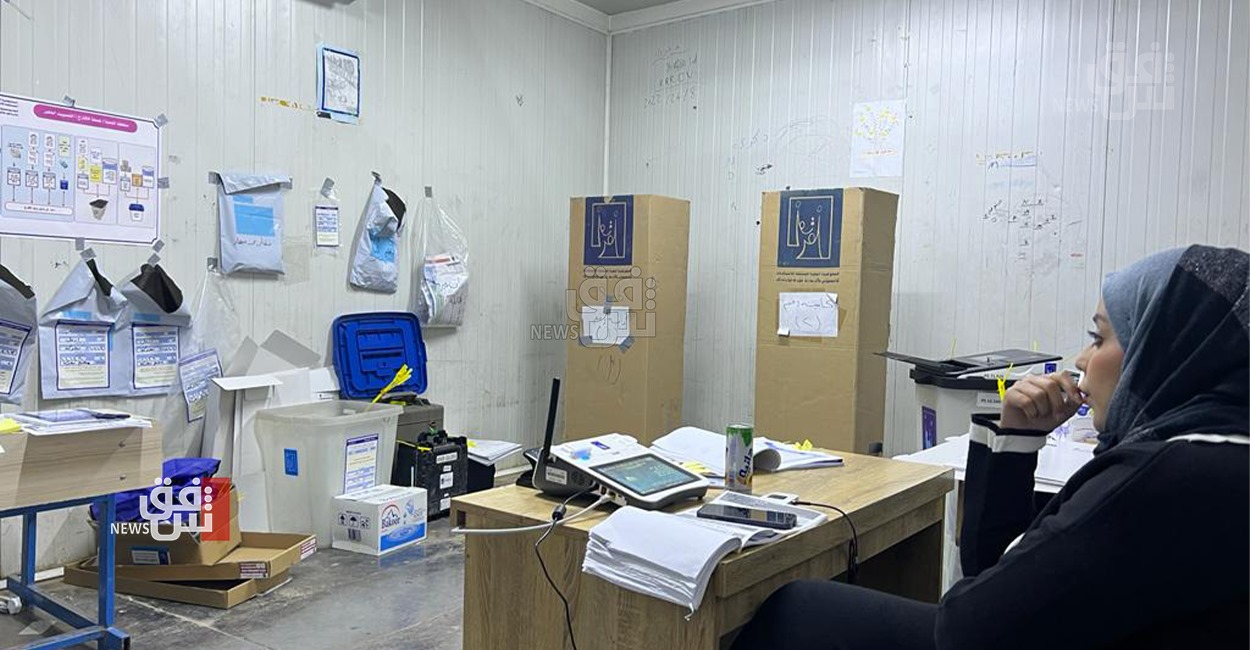
Shafaq News / This Monday morning witnessed the commencement of the voting process in the general elections for Iraqi provincial council elections.
On Saturday, the 16th of December, the special elections took place for security forces personnel, internally displaced persons, and prison inmates.
These elections cover 15 out of 18 governorates, with three governorates in the Kurdistan Region (KRI) not included in these elections.
Additionally, local elections are being held in Kirkuk for the first time since 2005, due to its distinctive status.
According to Imad Jameel, the head of the Elections Commission's media team, the number of distributed biometric cards is 14.25 million.
Furthermore, security authorities started imposing bans on motorcycle and heavy-load vehicles mpvement since last night.
It is noteworthy that the last provincial council elections in Iraq were held in 2013 before being dissolved amid major protests that swept the country in October 2019, protesting the declining living and service conditions, widespread financial and administrative corruption, and the prevalence of corruption in state institutions and departments.
Political forces and parties, notably the Sadrists led by Muqtada al-Sadr, are boycotting these elections to challenge the dominance of the Coordination Framework, which comprises anti-Sadrist Shiite factions.
The Provincial Councils were established after the US-led Globl Coalition forces invaded Iraq, toppling Saddam Hussein's regime in 2003.
Moreover, the Iraqi Security Media Cell announced on Wednesday, December 13th, that security forces would provide protection for approximately 9,000 polling stations during the special and general local elections.
Colonel Muqdad Miri, the spokesperson for the Media Cell, stated that security forces had finalized their preparations and plans for the 2023 provincial council elections.
He further indicated that security forces would secure around 8,960 polling stations across the country, including stations for special and general voting and prisons.
He detailed these stations as follows: 8,273 stations for general voting, 595 for special voting, 96 for displaced persons and migrants, and six for prisons.
The provincial councils possess various authorities, including electing the governor and their deputies with an absolute majority of the council members within a maximum period of 30 days from the council's inaugural session.
The council also holds the power to question the governor or their deputies for reasons such as misuse of public funds, negligence in duty, lack of integrity, or abuse of authority.
These councils have oversight powers over all activities of state departments in the governorate to ensure efficient performance, excluding courts, military units, colleges, and federal government departments. They also oversee the budgets for health, transportation, and education sectors.
As per the Iraqi constitution, governorate councils are not under the control or supervision of any ministry or entity unrelated to a ministry, and they have specific administrative and financial authorities.
